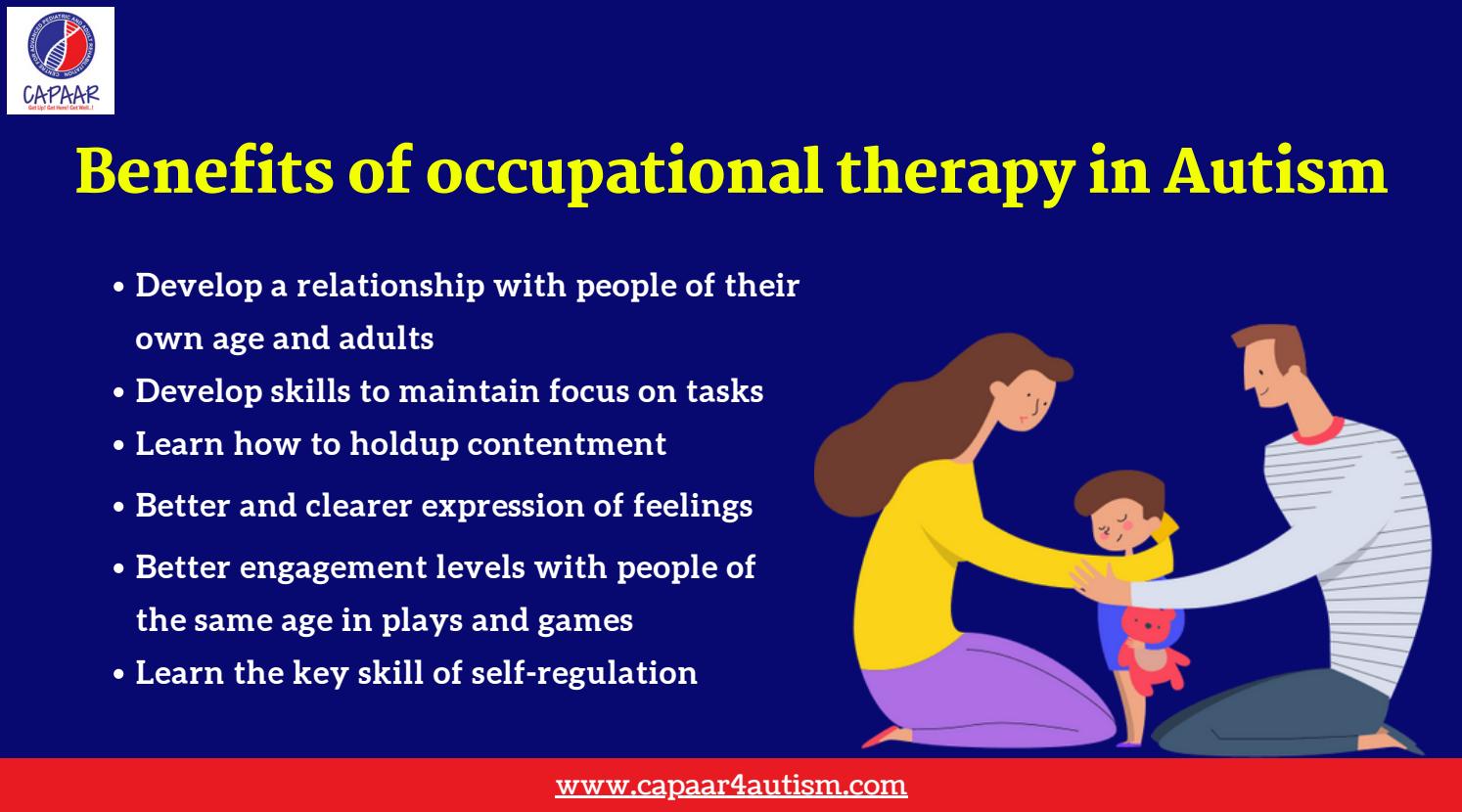The Benefits of Occupational Therapy
Occupational therapy is a valuable healthcare profession that focuses on helping individuals of all ages regain independence and improve their daily lives. In this article, we will explore the numerous benefits of occupational therapy and how it can positively impact individuals facing various challenges.
Enhancing Physical Functioning
Occupational therapy plays a crucial role in enhancing physical functioning. Through a combination of exercises, therapeutic techniques, and assistive devices, occupational therapists help individuals improve their motor skills, coordination, and overall physical abilities. This can be particularly beneficial for individuals recovering from injuries, or surgeries, or those with physical disabilities.
Promoting Mental Well-being
Occupational therapy also focuses on promoting mental well-being. By engaging in meaningful activities and developing coping strategies, individuals can effectively manage stress, anxiety, and depression. Occupational therapists work closely with their clients to identify barriers and develop personalized strategies to improve mental health and overall quality of life.
Improving Cognitive Skills
One of the key benefits of occupational therapy is the improvement of cognitive skills. Occupational therapists use various techniques to enhance memory, attention, problem-solving, and decision-making abilities. This is particularly helpful for individuals with cognitive impairments, such as those with Alzheimer’s disease or traumatic brain injuries.
Facilitating Independence in Daily Activities
Occupational therapy is centered around enabling individuals to participate in their daily activities independently. Occupational therapists assess the specific needs of their clients and provide strategies to overcome challenges related to self-care, work, leisure, and social participation. By developing skills and using adaptive techniques, individuals can regain independence and improve their overall quality of life.
Assisting Children in Development
Occupational therapy is not limited to adults; it also plays a vital role in assisting children in their development. Occupational therapists work with children who have developmental delays, learning disabilities, or sensory processing disorders. Through play-based activities and specialized interventions, occupational therapy helps children improve their motor skills, sensory integration, and overall development.
Supporting Aging Adults
As individuals age, they may face challenges that affect their ability to carry out daily activities. Occupational therapy provides valuable support to aging adults by addressing issues related to mobility, balance, home modifications, and adaptive equipment. By focusing on maintaining independence and preventing falls, occupational therapy helps older adults age gracefully and maintain a high quality of life.

Occupational therapy offers a wide range of benefits for individuals of all ages. From enhancing physical functioning and promoting mental well-being to improving cognitive skills and facilitating independence, occupational therapy plays a vital role in improving the overall quality of life. If you or someone you know could benefit from occupational therapy, don’t hesitate to reach out to a qualified occupational therapist and discover the transformative power of this profession.
Frequently Asked Questions
1. What are the main benefits of occupational therapy?
Occupational therapy helps individuals develop or regain skills needed for daily activities, enhances independence, improves quality of life, and promotes overall well-being.
2. Who can benefit from occupational therapy?
Occupational therapy can benefit people of all ages, from infants to older adults, who may have physical, cognitive, sensory, or psychosocial challenges affecting their daily functioning.
3. What conditions or disorders can occupational therapy address?
Occupational therapy can address a wide range of conditions, including but not limited to autism spectrum disorders, developmental delays, stroke, traumatic brain injuries, mental health disorders, and arthritis.
4. How does occupational therapy help children?
Occupational therapy for children focuses on improving their motor skills, sensory processing abilities, social interaction, self-care skills, and overall development, enabling them to participate fully in school and daily activities.
5. Can occupational therapy assist with rehabilitation after an injury or surgery?
Absolutely! Occupational therapy plays a crucial role in rehabilitation by helping individuals regain strength, mobility, and function, as well as adapting their environment to promote independence during recovery.
6. What are some specific benefits of occupational therapy for older adults?
Occupational therapy can help older adults maintain their independence, manage chronic conditions, prevent falls, improve memory and cognitive skills, and promote overall physical and mental well-being.
7. How can occupational therapy support individuals with mental health challenges?
Occupational therapy can assist individuals with mental health challenges by providing strategies to manage stress, develop coping skills, improve socialization, enhance self-esteem, and promote engagement in meaningful activities.
8. Are there any benefits of occupational therapy for individuals with autism?
Yes, occupational therapy can help individuals with autism improve their sensory processing, social skills, communication abilities, self-regulation, and adaptive behaviors, enabling them to participate more fully in daily life.
9. Can occupational therapy help individuals with chronic pain or arthritis?
Definitely! Occupational therapy can provide pain management strategies, teach joint protection techniques, recommend adaptive equipment, and assist with activity modifications to improve function and reduce pain for individuals with chronic pain or arthritis.
10. How can I access occupational therapy services?
You can access occupational therapy services by consulting your healthcare provider, seeking referrals from specialists, contacting local rehabilitation centers, or reaching out to occupational therapy clinics in your area.




